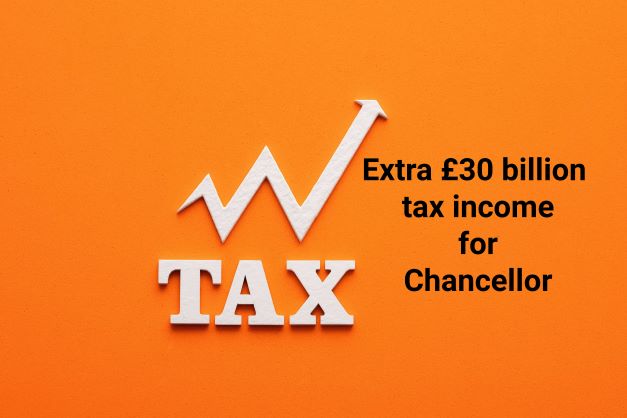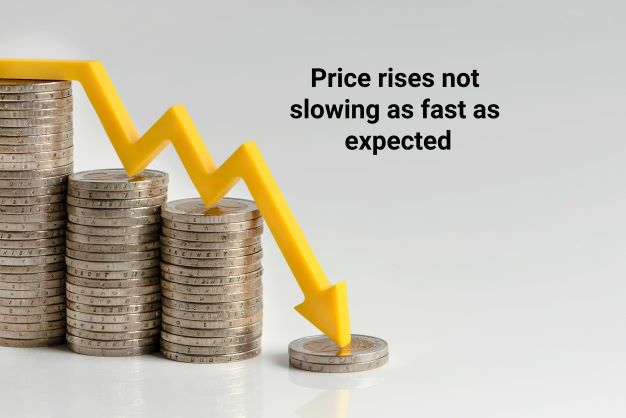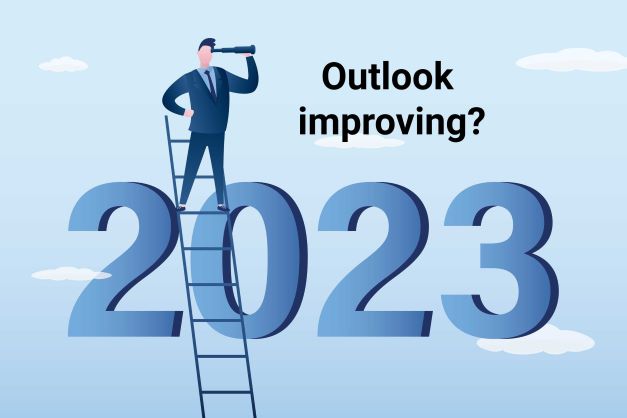After competing to sell the most during Christmas, supermarkets now pulling products from the shelves. This week, Tesco, Asda and Morrisons rationed a selection of salad products, such as peppers, cucumbers, lettuce and the fruit – not salad – the humble tomato. The shortage is expected to last for weeks. Environment secretary, Thérèse Coffey, was booed by farmers who blamed the shortages on poor weather conditions in southern Spain and North Africa.
UK farmers have campaigned for more support from government, with the rising costs of energy, feed and fertiliser impacting production. The good news is that energy prices have started to fall, and this should impact the cost of fertiliser. Ultimately this should filter through to inflation which has started a downward path. Central banks have considered the change and according to the US interest rate setting committee – the Federal Open Market Committee – it was central to the decision to slow down to a 0.25% rate increase in interest rates in February.
For the following stories, please click on this link*
- UK – No need for Chancellor to Hunt for extra budget
- Eurozone – Improved business activity adds to rate expectations
- Equities – Defence industry benefitting from prolonged war
(*Please note, The contents of this e-shot been prepared for general information only. It does not contain all of the information which an investor may require in order to make an investment decision. If you are unsure whether this is a suitable investment you should speak to your financial adviser. This information is not guaranteed to be correct, complete, or accurate. FE Research is a division of Financial Express Investments Ltd, registration number 03110696, which is authorised and regulated by the Financial Conduct Authority (FRN 209967). For our full disclaimer please visit www.financialexpress.net/uk/disclaimer. Data Sourced from FE Analytics, and Bloomberg Finance LP.)




